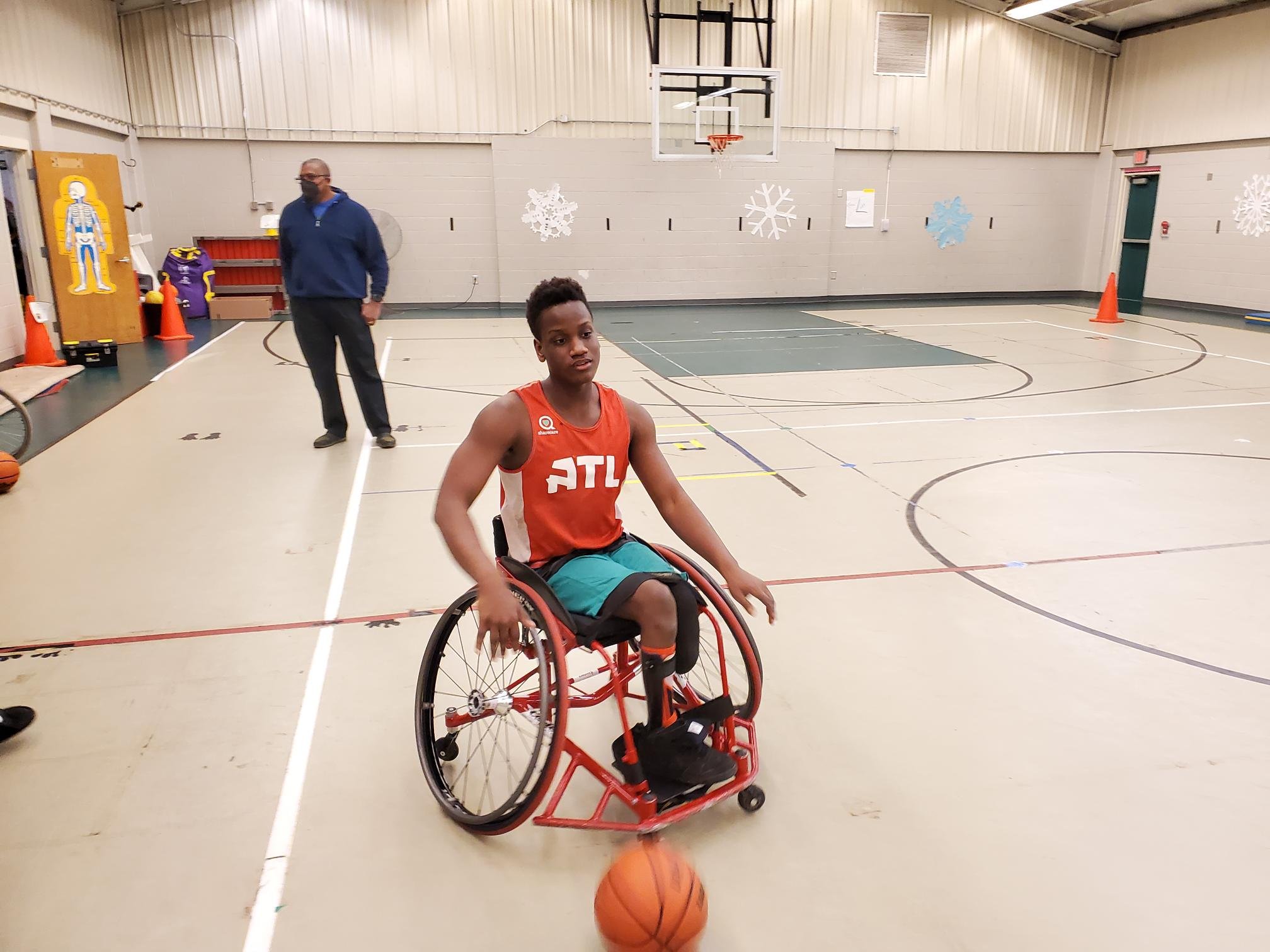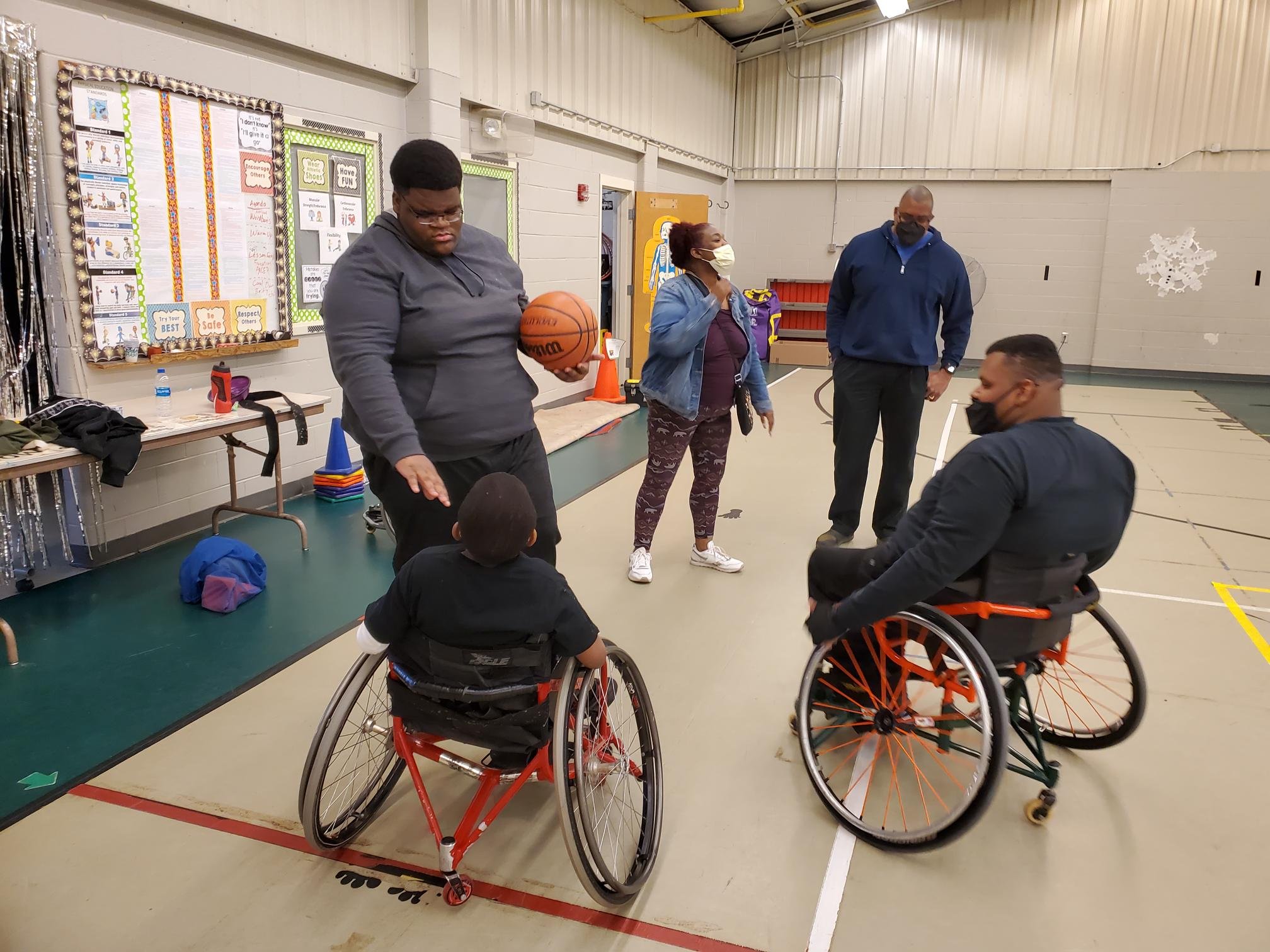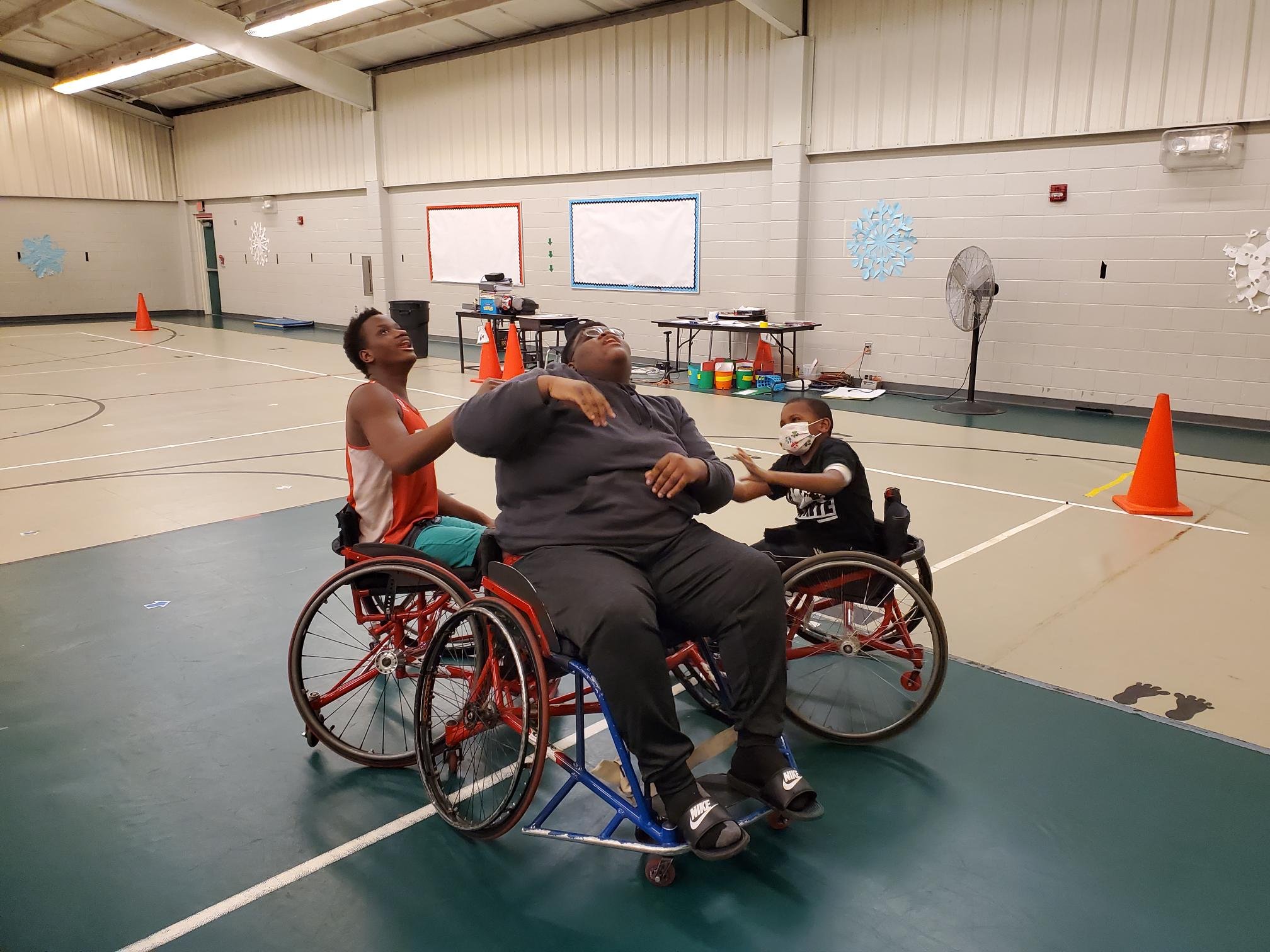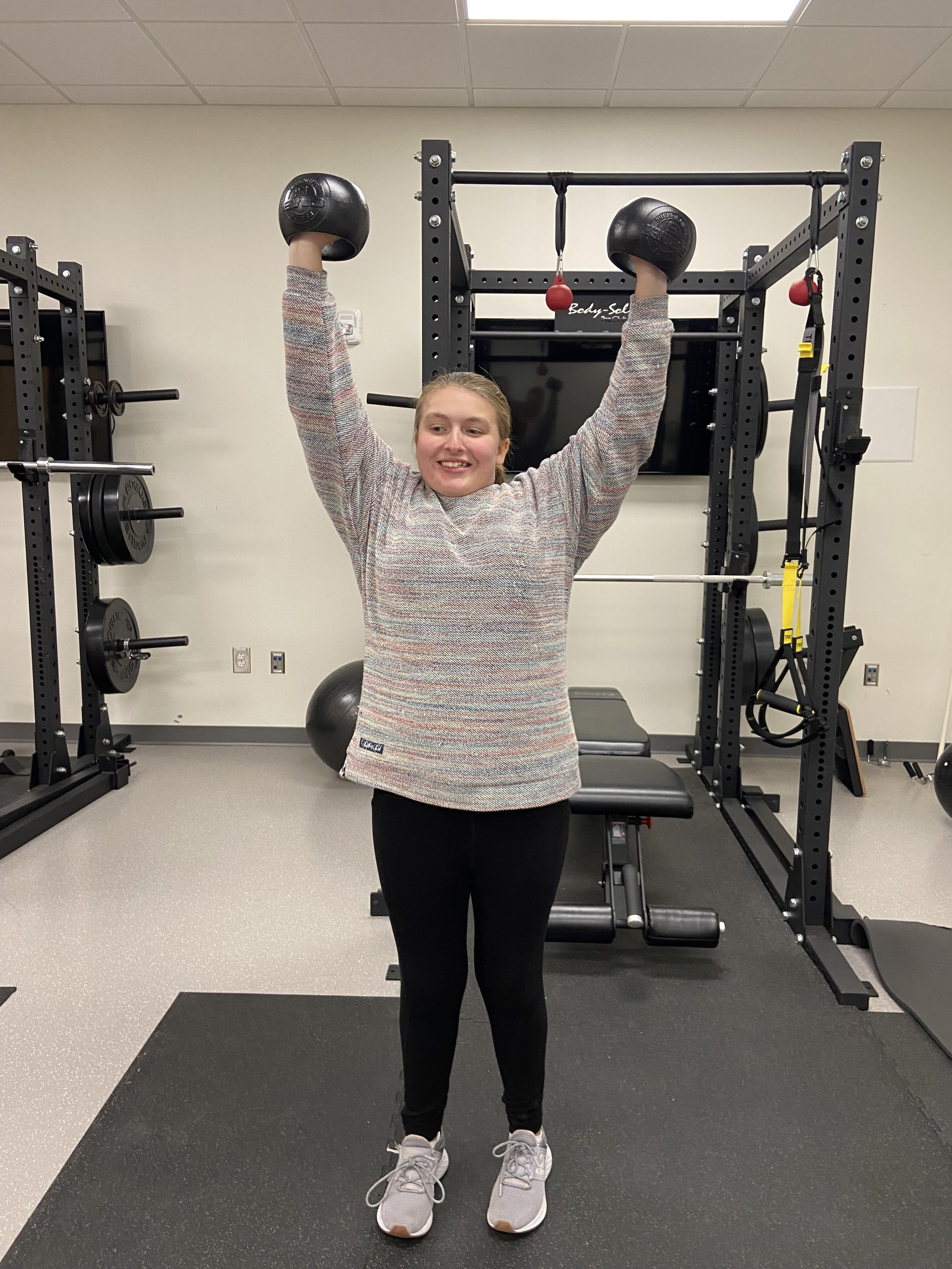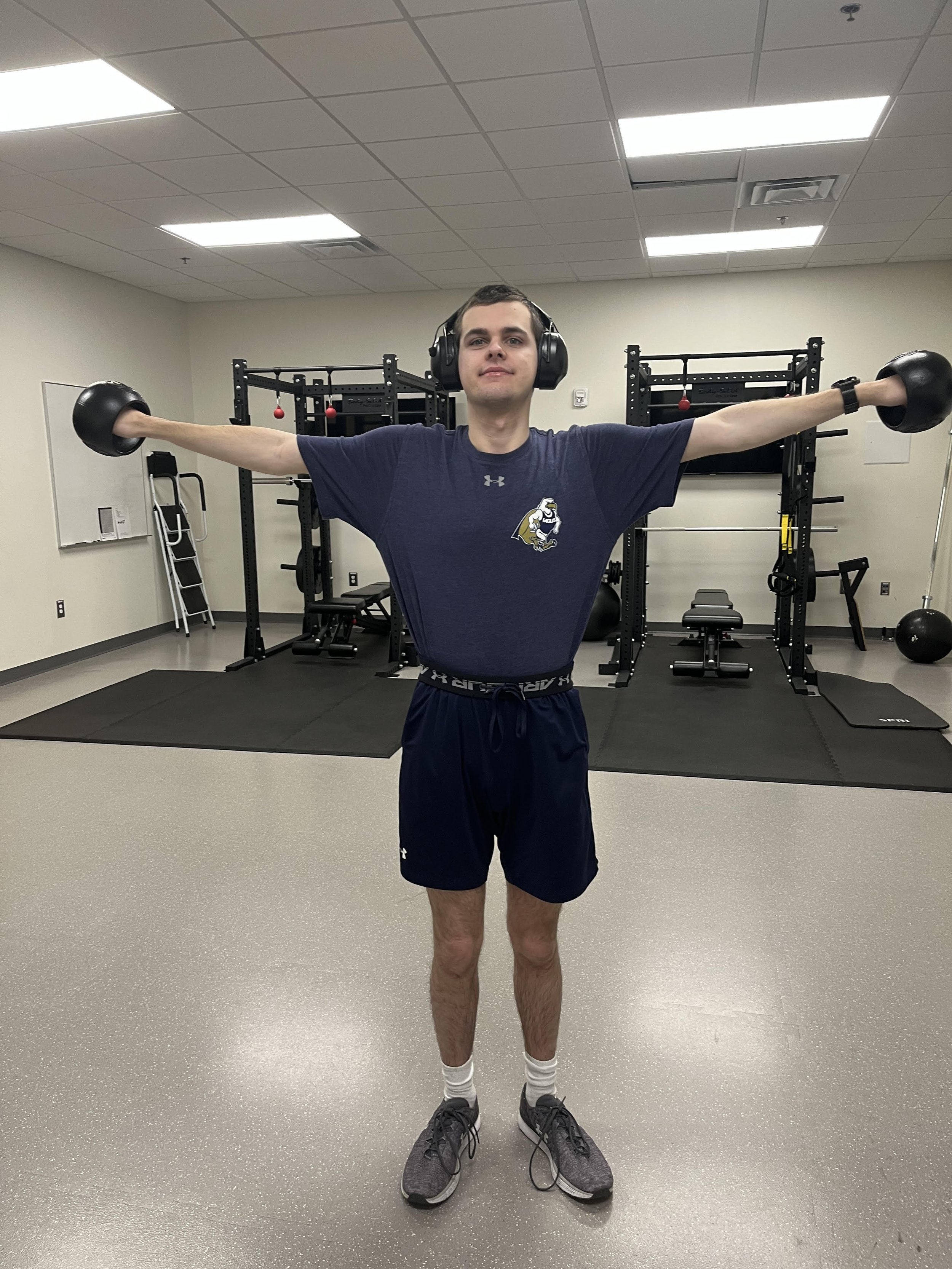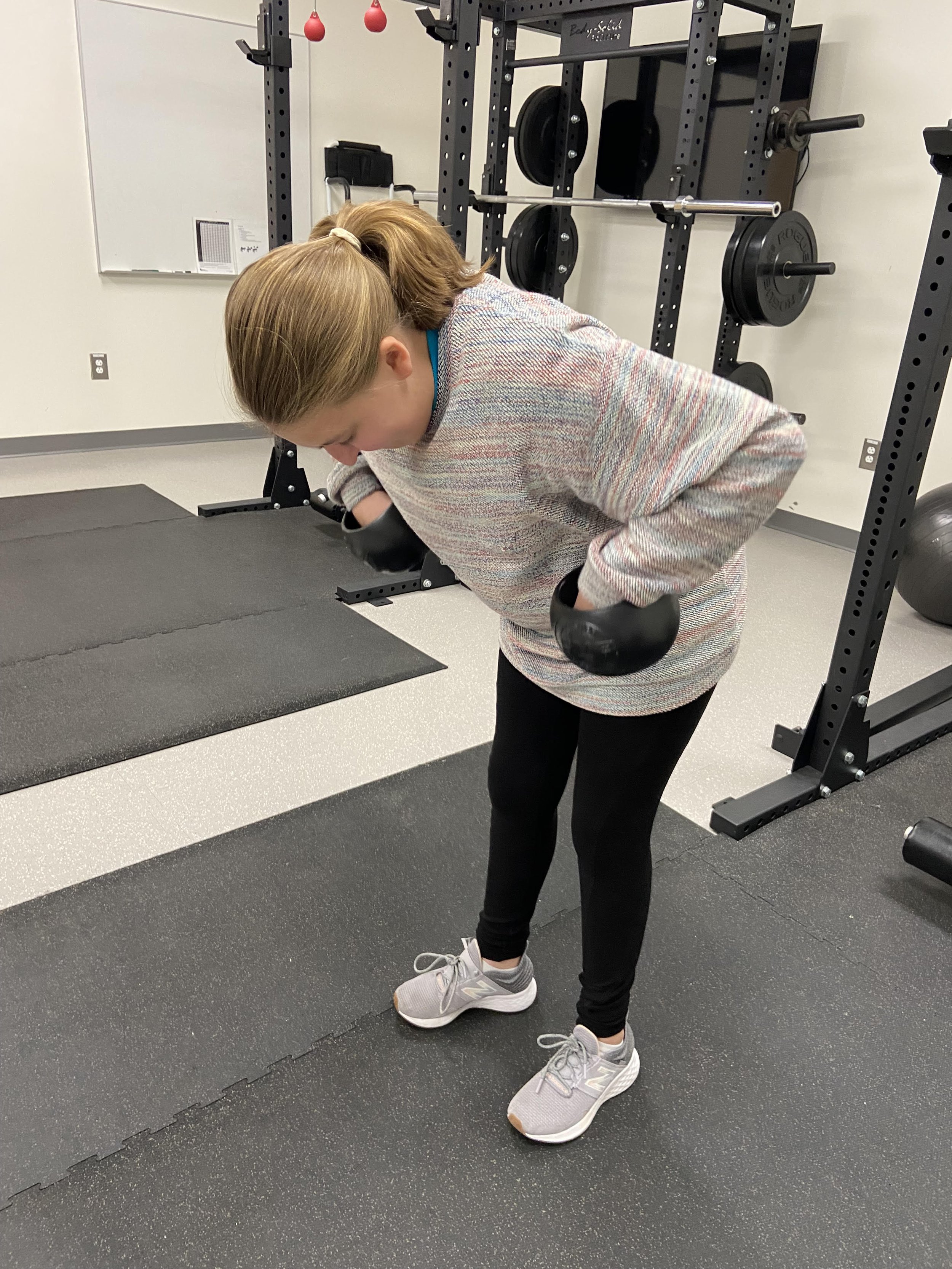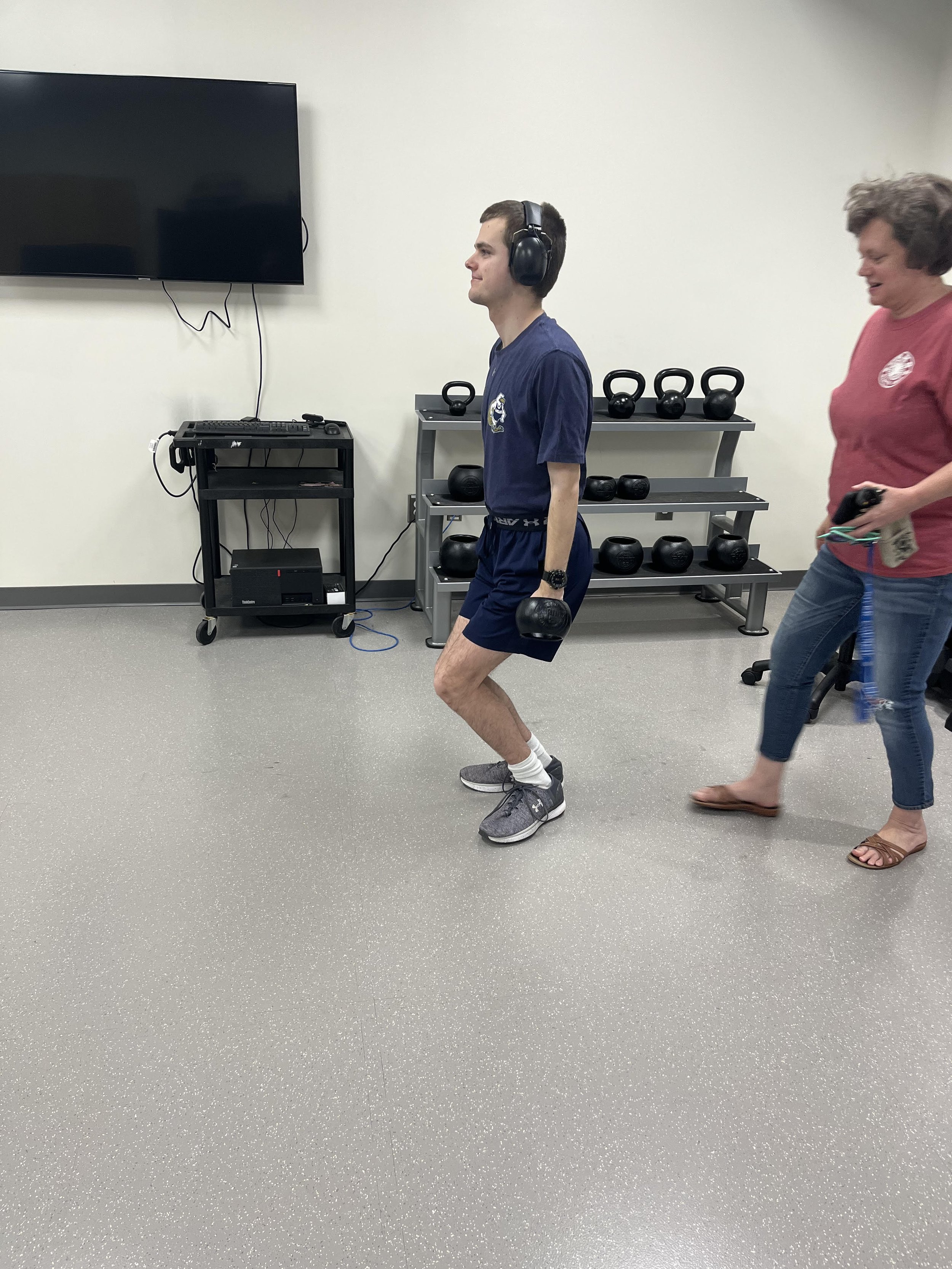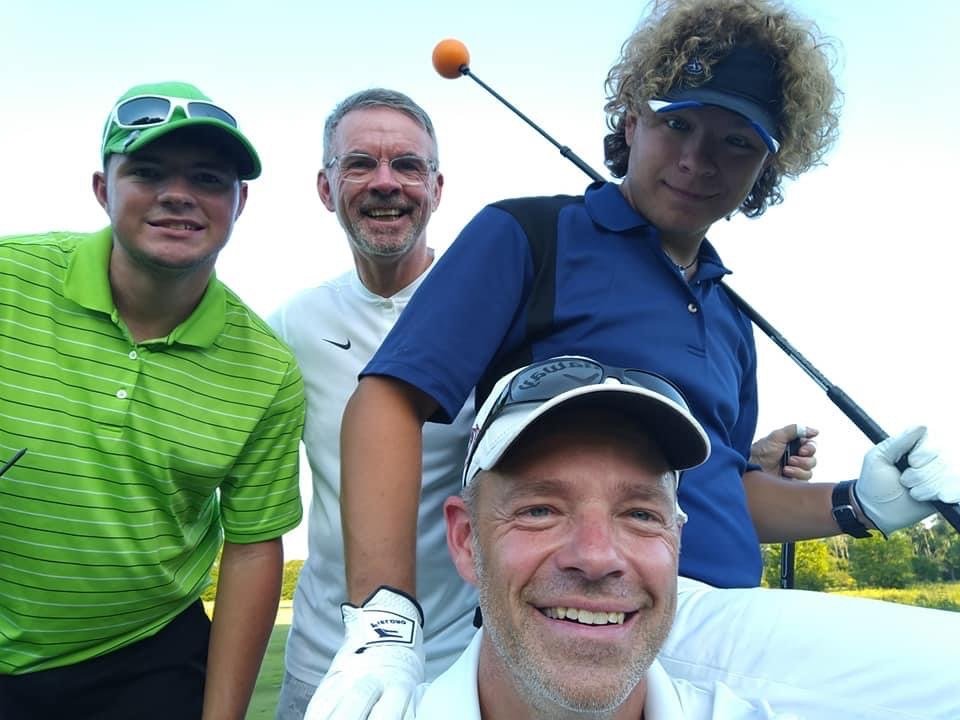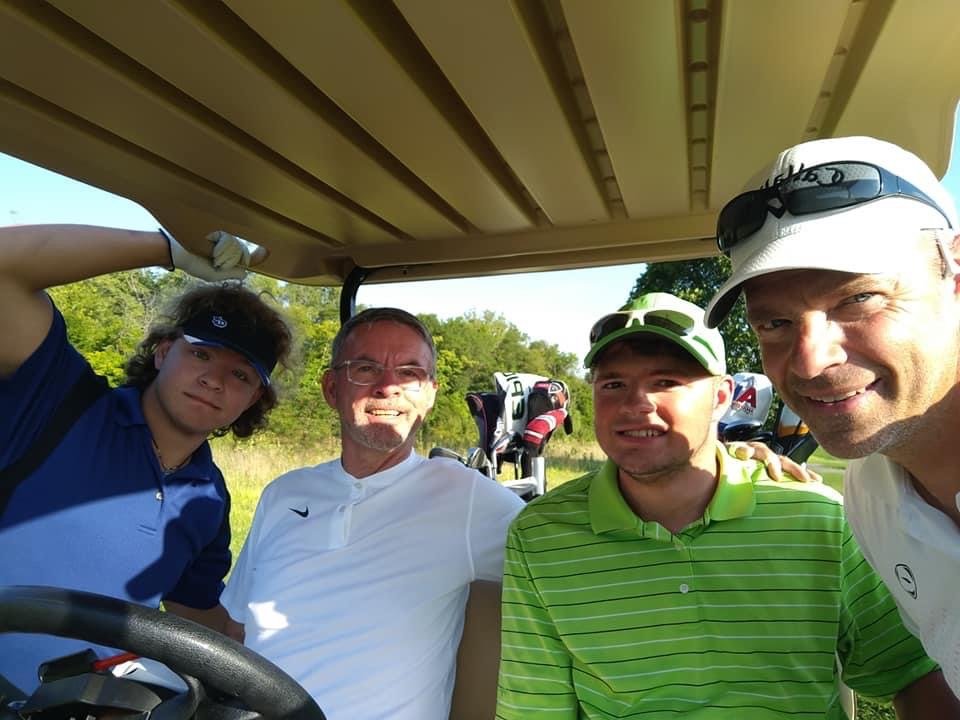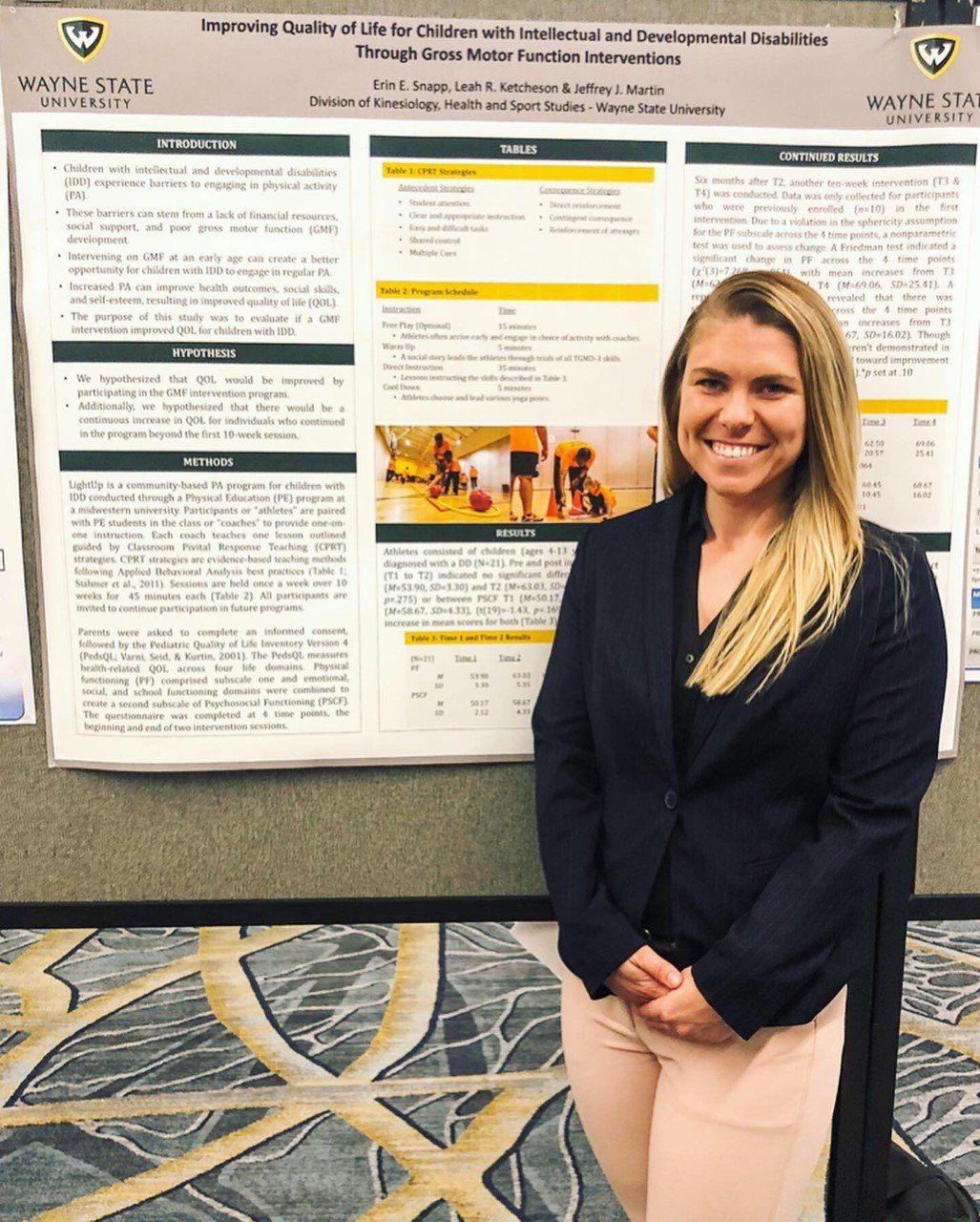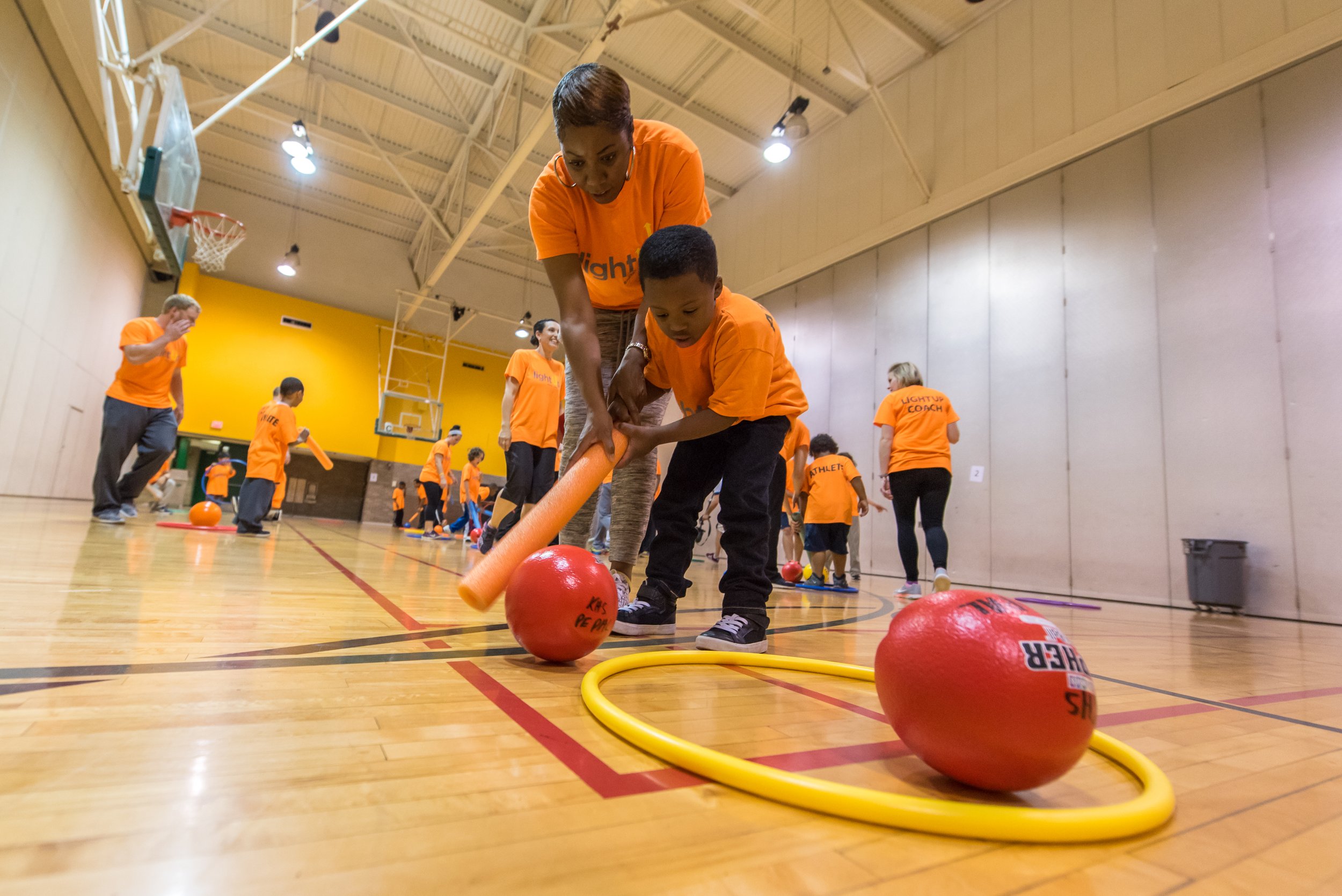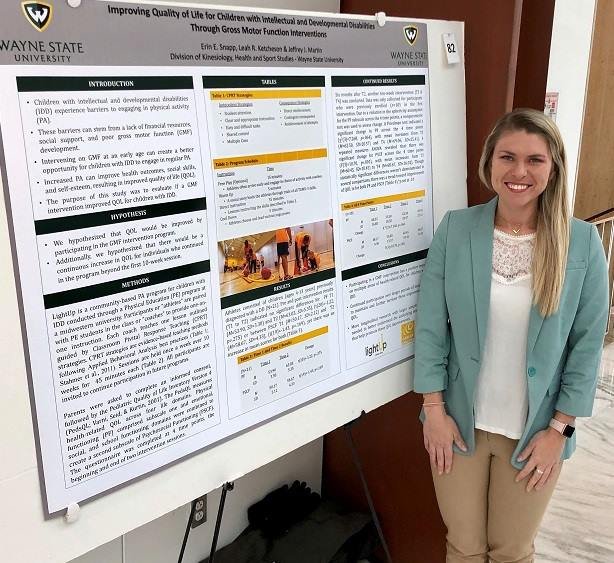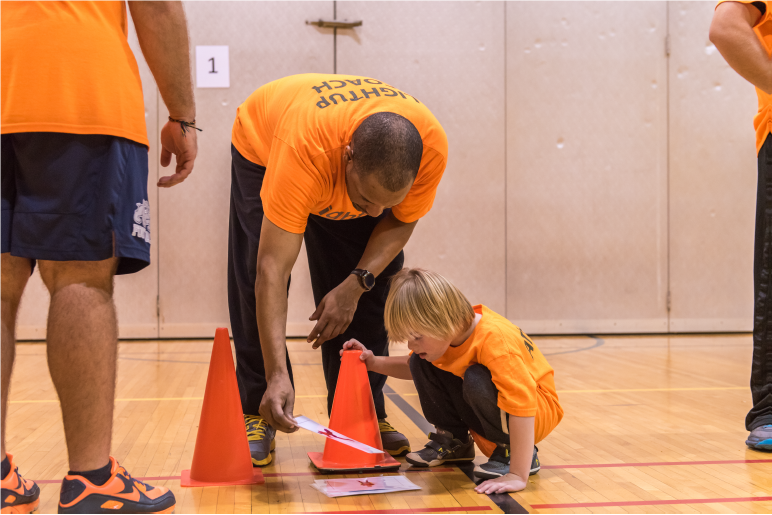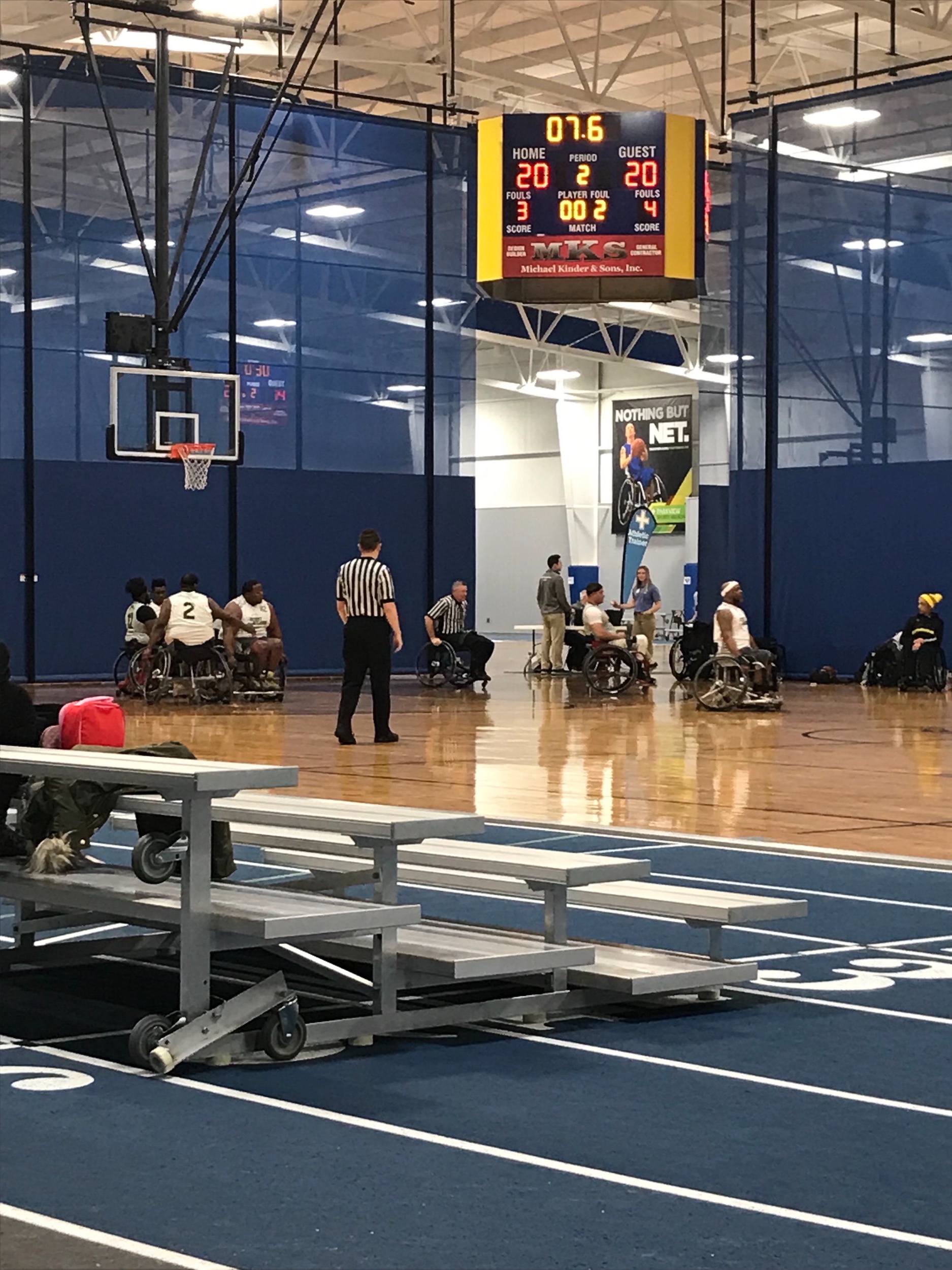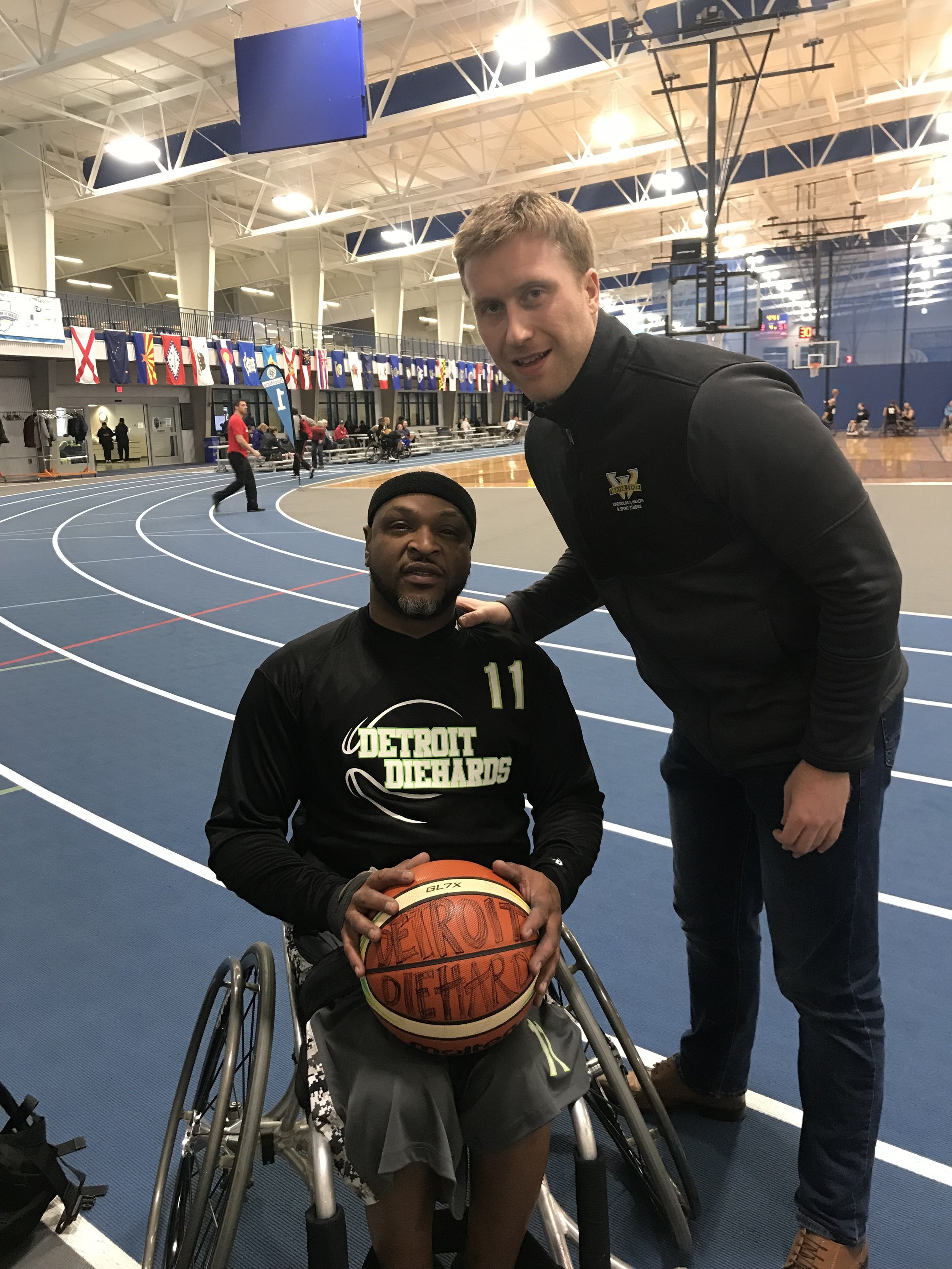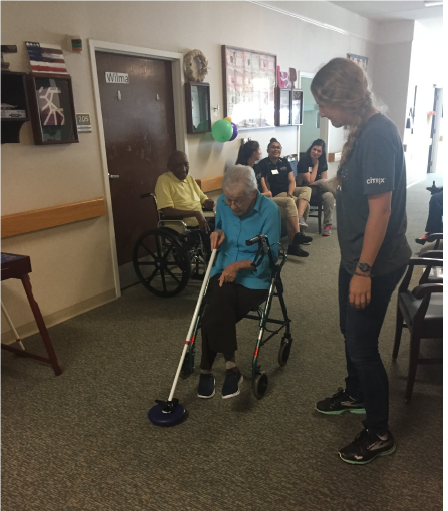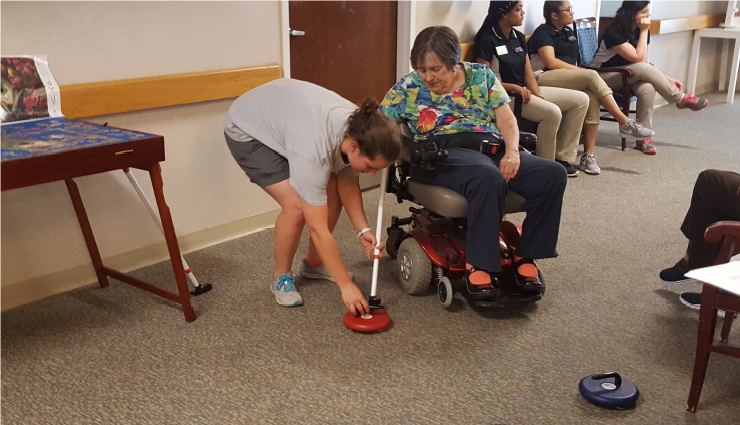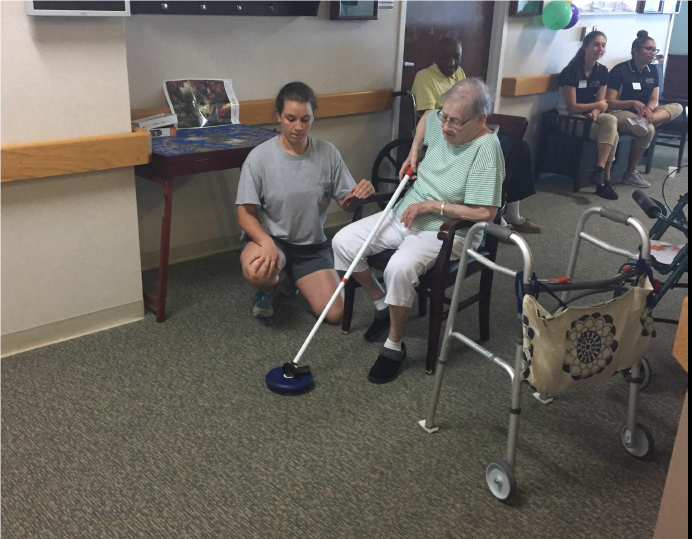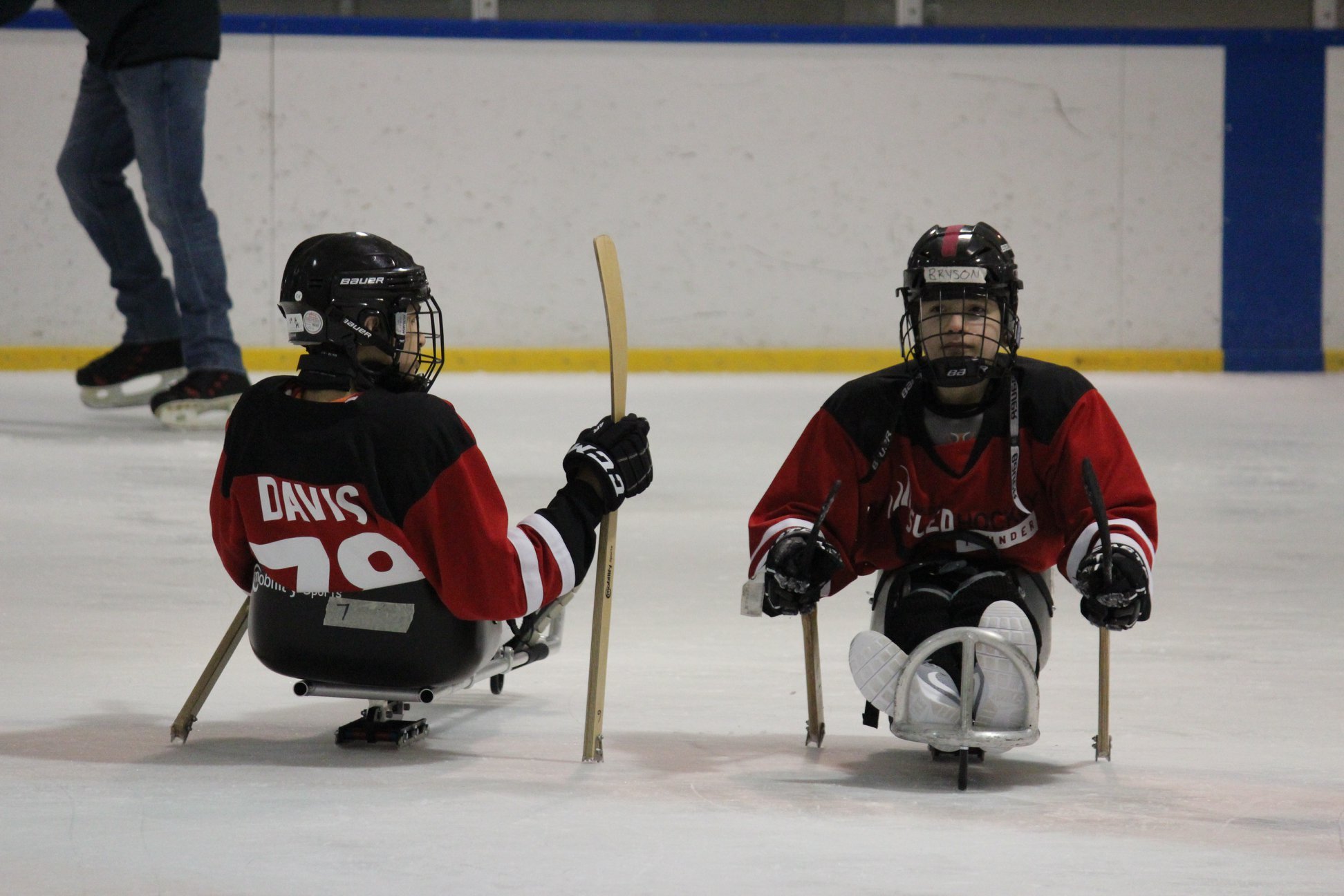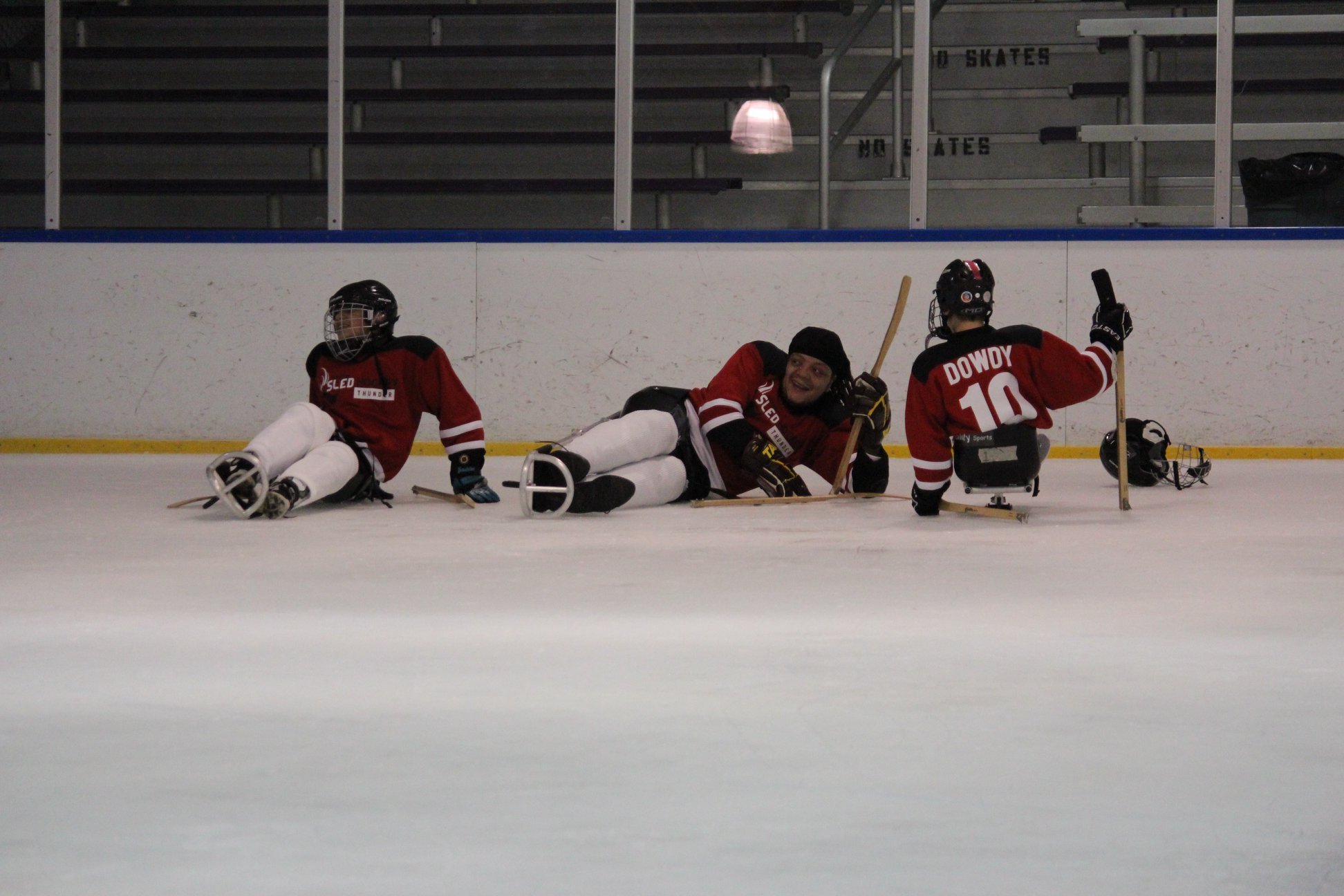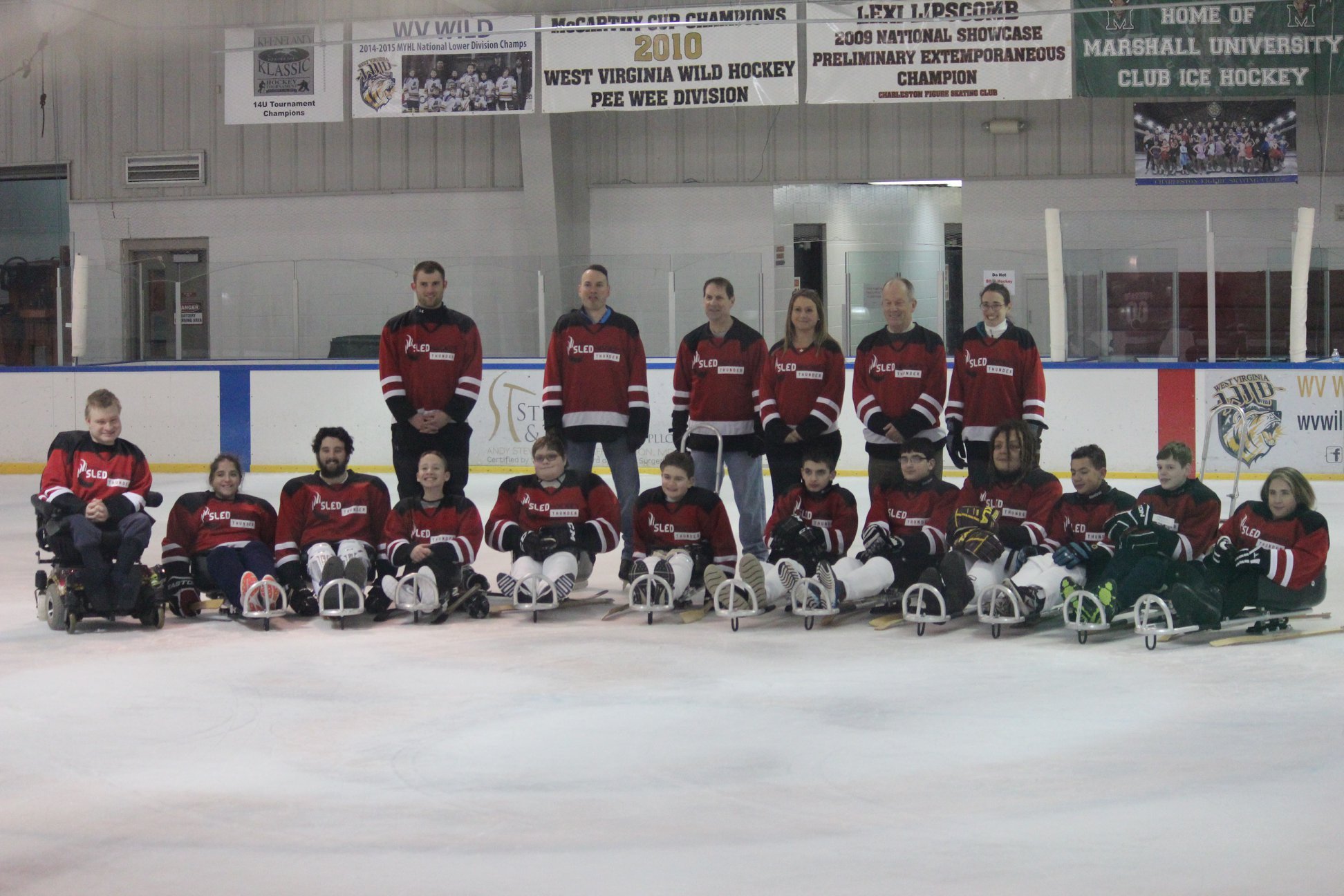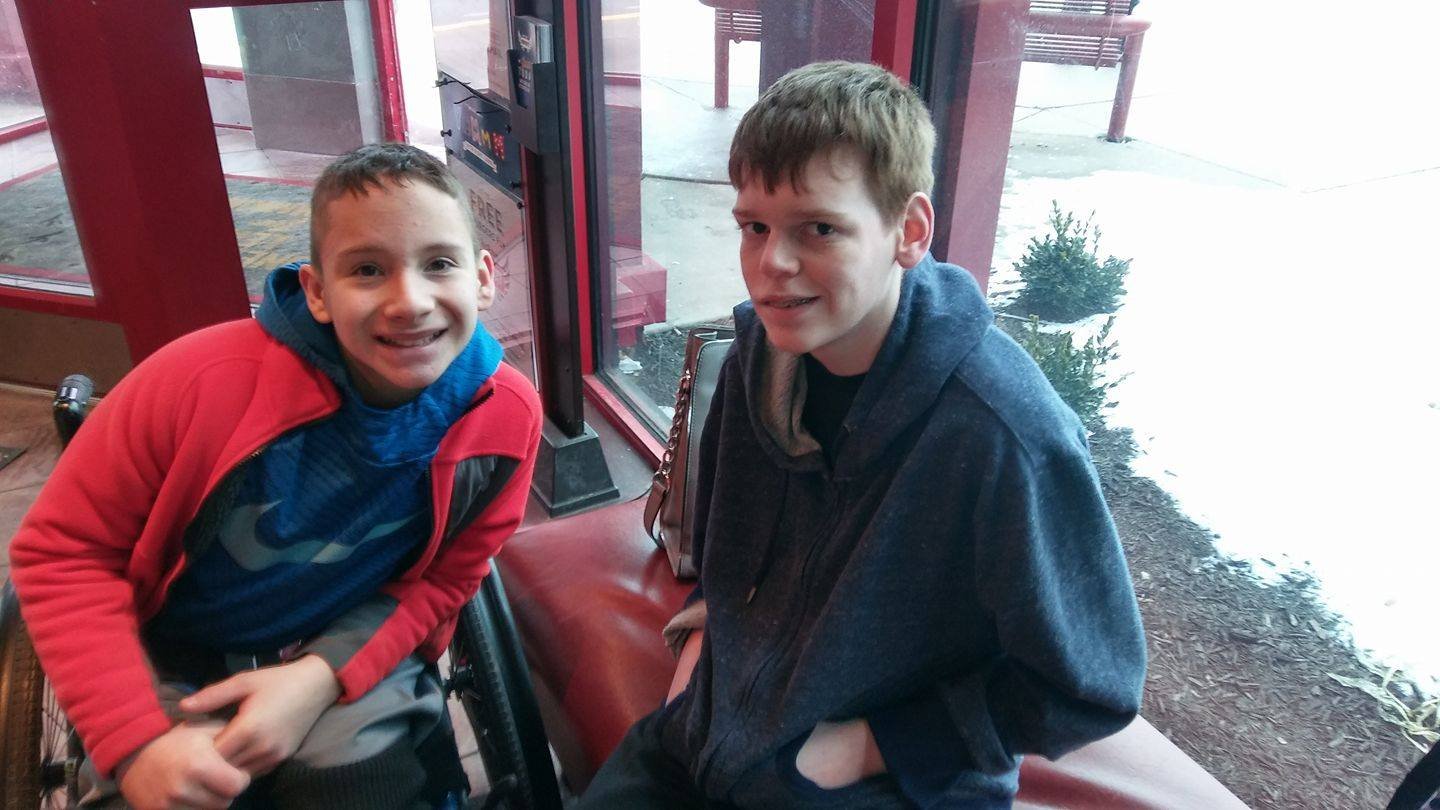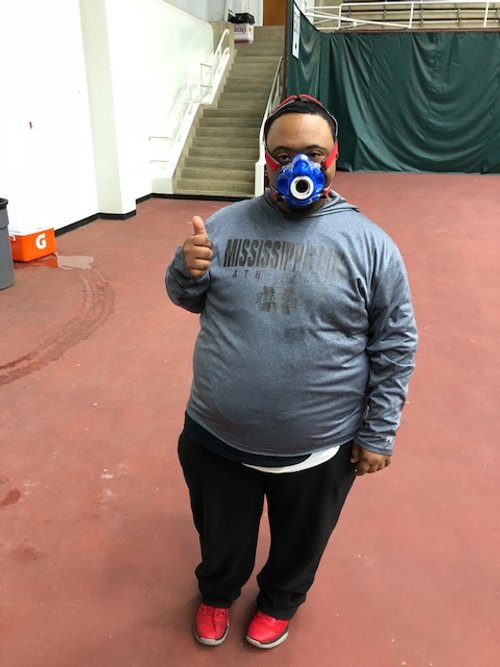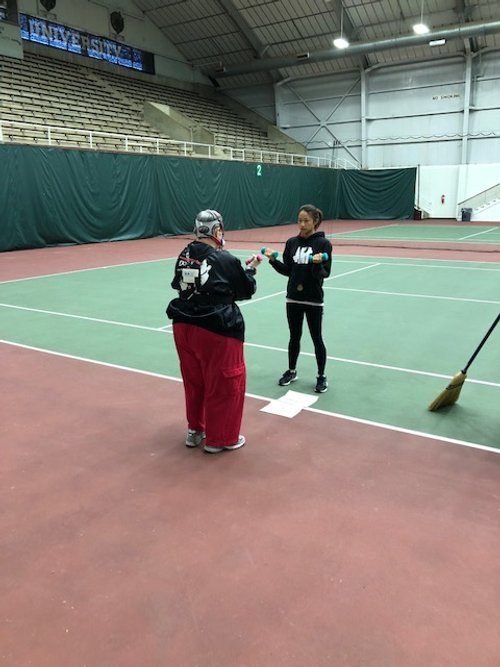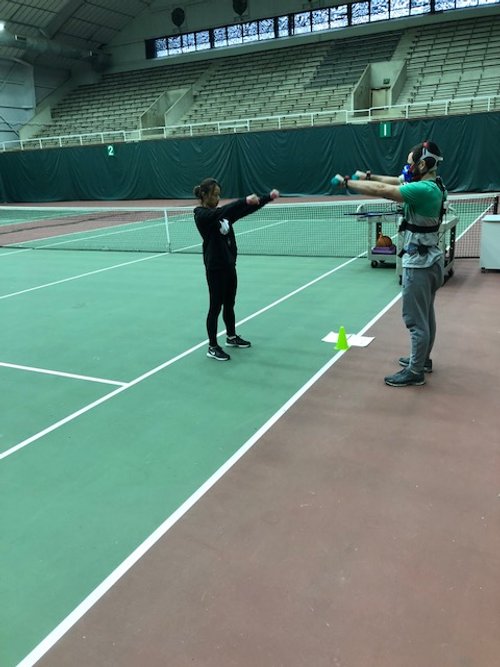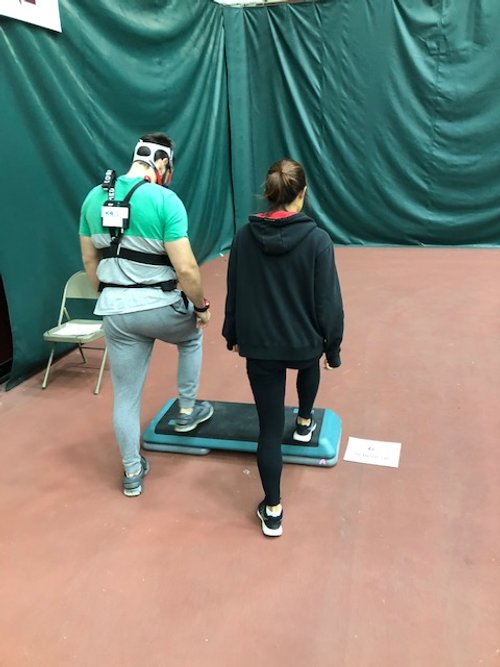Background: Health-related quality of life (HRQOL) is a multidimensional concept including domains of physical, mental, emotional, and social functioning focusing on the impact of health status on quality of life. Sport engagement and social support from significant others can positively influence the HRQOL of youth athletes with physical disabilities. Examination of the relationships between sport engagement, social support, and HRQOL and the predicting effect of sport engagement and social support on HRQOL is necessary to understand how best to design programs and interventions that promote positive sport experience with appropriate support to contribute to improved HRQOL of youth athletes with physical disabilities.
Purpose: Grounded in the HRQOL model, the purpose of the dissertation is to a) examine the relationships among athlete engagement, social support, and HRQOL, and (b) examine the predicting effect of athlete engagement and social support on HRQOL of youth with physical disabilities. A secondary focus of analysis will be descriptively analyzing the major types of social support from different social agents toward sport engagement and HRQOL.
Participants: Participants were 68 youth athletes with physical disabilities engaged in disability sport for at least four months or one competitive sport season.
Method: Participants completed a survey asking about their sport engagement, perceived social support, and HRQOL. The survey was completed one time before or after a sport practice and took approximately 20-30 minutes to complete.
Results: Sport engagement, social support, and HRQOL of youth athletes with physical disabilities were statistically related to each other. In correlation analyses of subdomains of each variable, consistent and inconsistent findings were reported compared to previous literature. Social support significantly predicted HRQOL while sport engagement did not. Descriptive analysis and frequency counts showed that parents were the primary support providers for all types of social support, coaches were the second, and peers were the third most important support providers.
Conclusion: Youth athletes with physical disabilities seem to have positive perception on their sport engagement, social support provided by significant others, and HRQOL. Confidence in sport involvement can be a component positively related to HRQOL. The positive relationship between social support and HRQOL shows the importance of social support through sport context, especially from parents.
